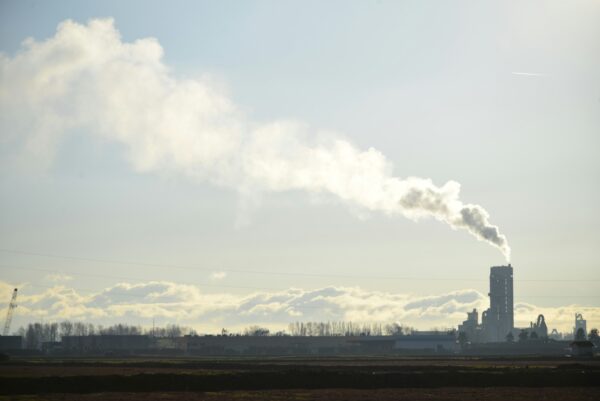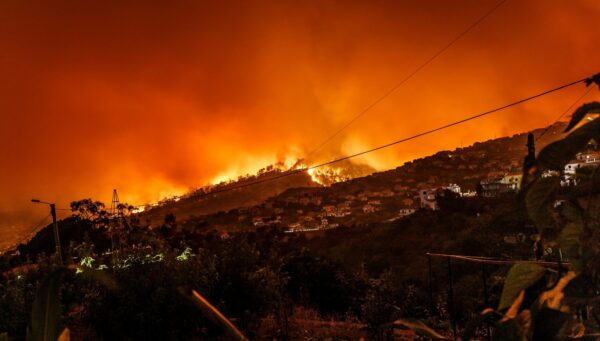Pathways of climate resilience over the 21st century
Authors
Carl-Friedrich Schleussner, Peter Pfleiderer, Marina Andrijevic, Martha Vogel, Friederike Otto and Sonia Seneviratne

The impacts of climate change are affecting human societies today. In parallel, socio-economic development has increased the capacity of countries around the global to adapt to those impacts although substantial challenges remain. Countries’ effectiveness in fostering climate resilience will depend on the pace of both developments under different socio-economic and emission pathways. In this study we assess trajectories of adaptation readiness in comparison with the continued emergence of hot days as a proxy for climate change hazards for different emission and socio-economic pathways over the 21st century.
We show that only an inclusive and sustainable stringent mitigation pathway allows for effective climate resilient development over the 21st century. Less inclusive or fossil-fuel driven development will not allow for improvements in resilience building beyond the recent past. Substantial differences emerge already in the 2020s. Our findings underscore the paramount importance of achieving the Paris Agreement goals to enable climate-resilient, sustainable development.











